Category

Popular Products
-
 Autoclave tape
Autoclave tape
KSh 800.00Original price was: KSh 800.00.KSh 650.00Current price is: KSh 650.00. -
 Digital Tachometer
Digital Tachometer
KSh 7,000.00Original price was: KSh 7,000.00.KSh 6,500.00Current price is: KSh 6,500.00. -
 FOIF RTS102 Total Station Complete
FOIF RTS102 Total Station Complete
KSh 680,000.00Original price was: KSh 680,000.00.KSh 650,000.00Current price is: KSh 650,000.00. -
 Hard Collar
Hard Collar
KSh 2,200.00Original price was: KSh 2,200.00.KSh 1,200.00Current price is: KSh 1,200.00. -
 Tropikal 500ml Instant Hand Sanitizer
Tropikal 500ml Instant Hand Sanitizer
KSh 600.00Original price was: KSh 600.00.KSh 550.00Current price is: KSh 550.00.
Latest News
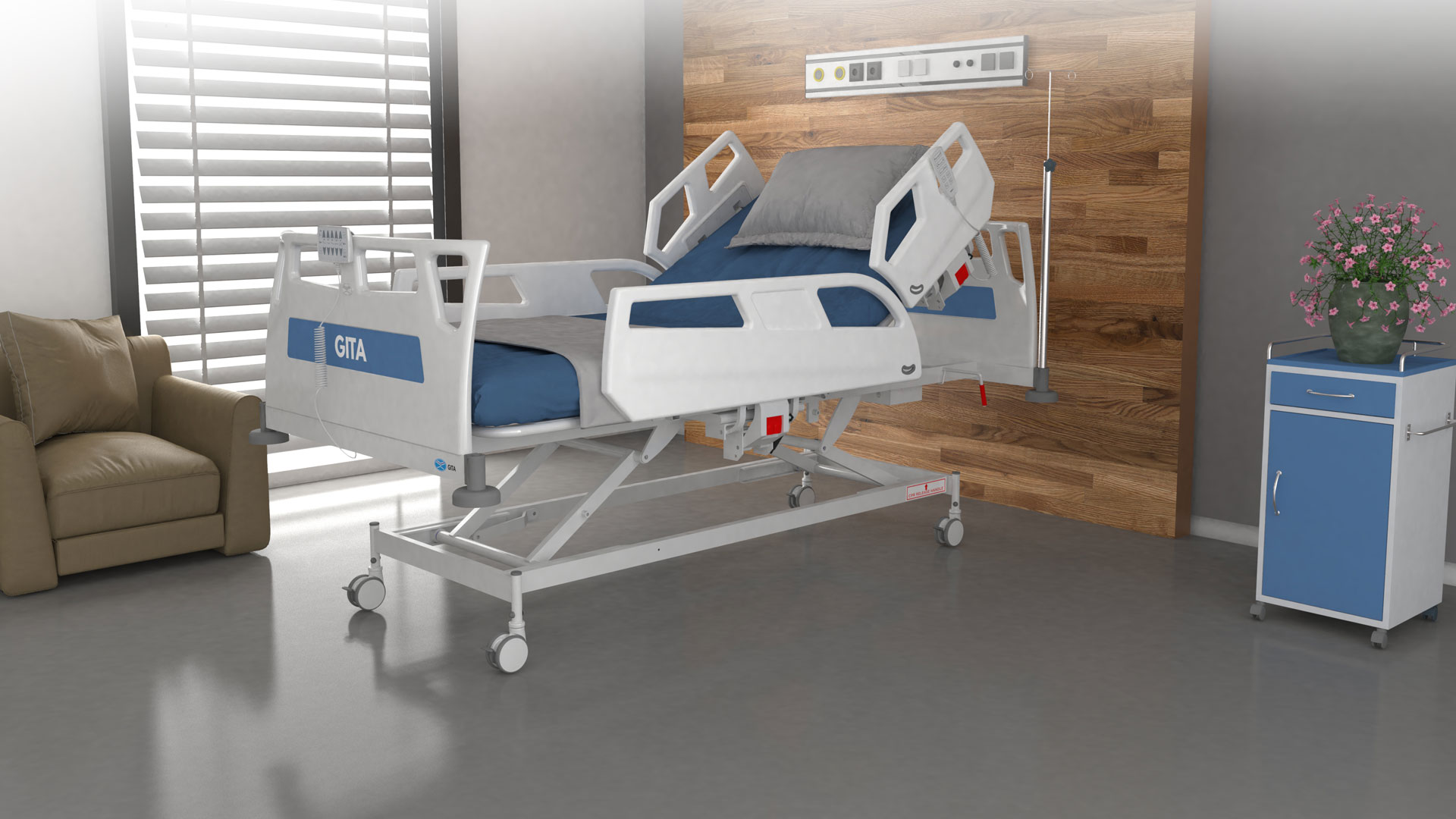
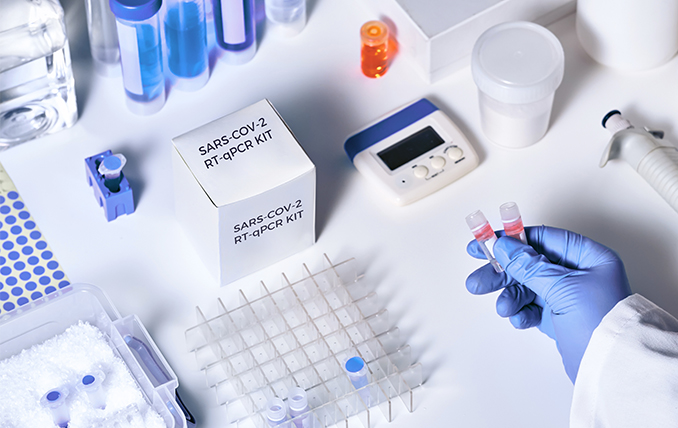

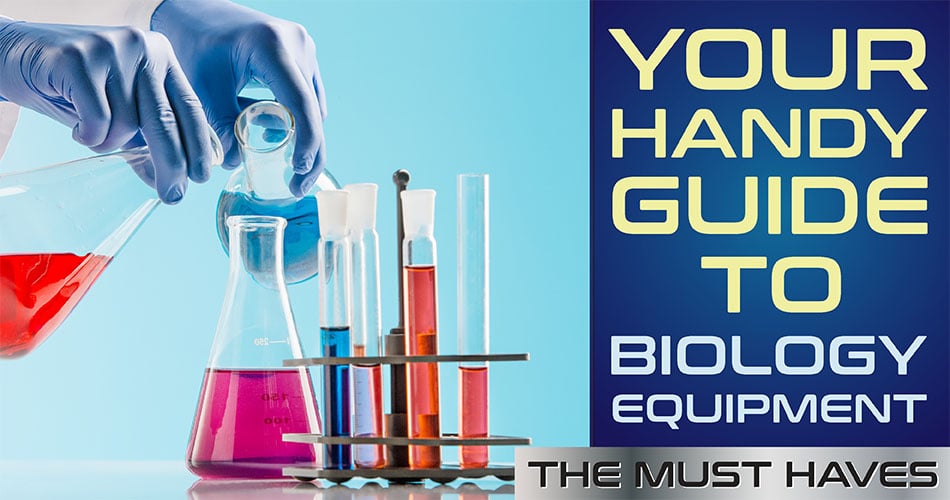
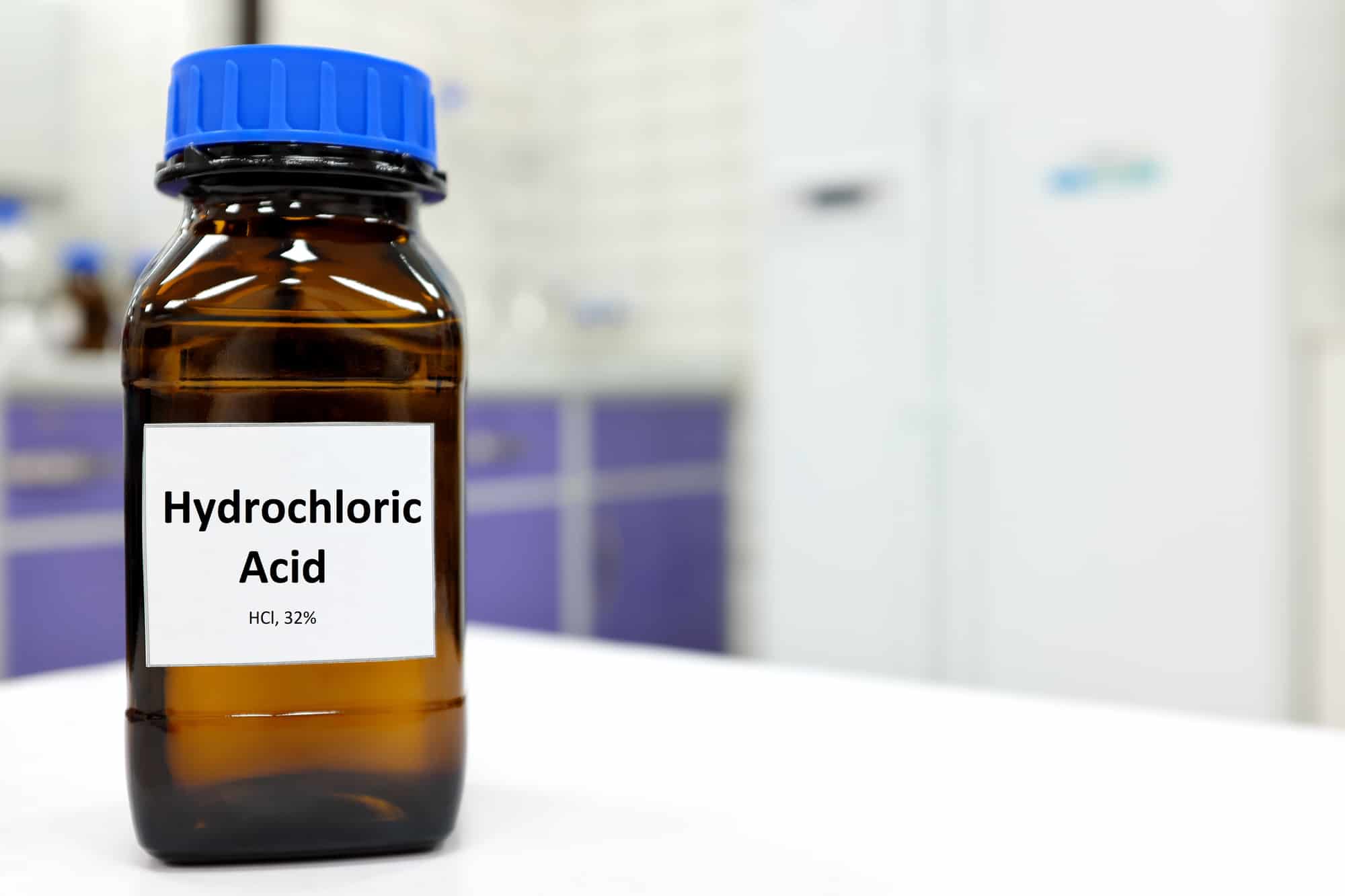


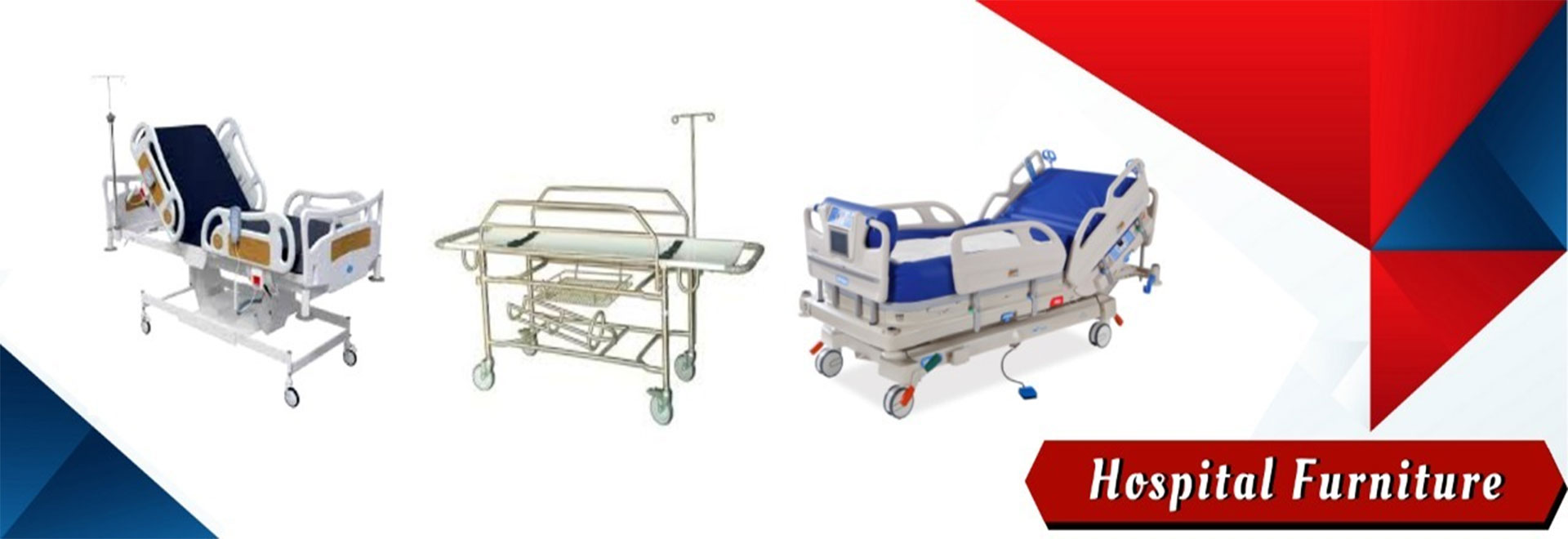

On Sale Products
-
 CBR swell Tripod
CBR swell Tripod
KSh 35,000.00Original price was: KSh 35,000.00.KSh 32,000.00Current price is: KSh 32,000.00. -
 Sodium Alginate Extrapure 250g
Sodium Alginate Extrapure 250g
KSh 19,500.00Original price was: KSh 19,500.00.KSh 15,950.00Current price is: KSh 15,950.00. -
 FOIF RTS102 Total Station Complete
FOIF RTS102 Total Station Complete
KSh 680,000.00Original price was: KSh 680,000.00.KSh 650,000.00Current price is: KSh 650,000.00. -
 Biospy Needle
Biospy Needle
KSh 3,800.00Original price was: KSh 3,800.00.KSh 3,500.00Current price is: KSh 3,500.00. -
 Biohazard Box 5ltrs
Biohazard Box 5ltrs
KSh 300.00Original price was: KSh 300.00.KSh 250.00Current price is: KSh 250.00.


In recent years, there has been a significant increase in the demand for hospital diagnostic kits in Kenya. These kits play a critical role in the diagnosis and treatment of various medical conditions. They enable healthcare professionals to identify diseases, monitor disease progression, and provide targeted treatments to patients. This article provides an in-depth look at the various hospital diagnostic kits available in Kenya, their applications, and the challenges facing their adoption and use.
Rapid Diagnostic Tests (RDTs)
Rapid diagnostic tests are simple, affordable, and easy-to-use diagnostic kits that are used to detect the presence of specific antigens or antibodies in patient samples. RDTs are commonly used to diagnose infectious diseases such as malaria, HIV, tuberculosis, and hepatitis B and C. These diagnostic kits are particularly useful in resource-limited settings, where access to laboratory infrastructure and trained personnel is limited. RDTs deliver results within minutes, allowing healthcare professionals to initiate appropriate treatment quickly.
In Kenya, the use of RDTs has increased significantly in recent years, particularly for the diagnosis of malaria. The country has one of the highest malaria burdens in Africa, with an estimated 27.3 million people at risk of infection. Malaria RDTs are widely used in Kenya to diagnose and treat malaria in both public and private healthcare facilities. In addition to malaria, RDTs are also used to diagnose other infectious diseases, including HIV, tuberculosis, and hepatitis B and C.
Enzyme-Linked Immunosorbent Assay (ELISA) Kits
ELISA kits are diagnostic kits that use antibodies and antigens to detect the presence of specific proteins in patient samples. ELISA kits are commonly used to diagnose infectious diseases, autoimmune disorders, and cancer. In Kenya, ELISA kits are widely used to diagnose infectious diseases such as HIV, hepatitis B and C, and syphilis. These diagnostic kits are also used in the diagnosis and monitoring of cancer and autoimmune disorders such as lupus and rheumatoid arthritis.
The use of ELISA kits in Kenya has been instrumental in improving the diagnosis and management of infectious diseases. However, the adoption and use of these diagnostic kits face several challenges, including limited access to laboratory infrastructure, limited funding, and inadequate training of laboratory personnel. In addition, there is a need for regular quality control and quality assurance of ELISA kits to ensure accurate and reliable results.
Polymerase Chain Reaction (PCR) Kits
PCR kits are diagnostic kits that are used to amplify DNA or RNA sequences in patient samples. PCR kits are commonly used in the diagnosis of infectious diseases, genetic disorders, and cancer. In Kenya, PCR kits are used to diagnose infectious diseases such as HIV, tuberculosis, and hepatitis B and C. These diagnostic kits are also used in the diagnosis and monitoring of genetic disorders such as sickle cell disease and cancer.
The use of PCR kits in Kenya has significantly improved the accuracy and reliability of disease diagnosis, particularly for infectious diseases such as HIV and tuberculosis. However, the adoption and use of PCR kits face several challenges, including limited access to laboratory infrastructure, high cost, and inadequate training of laboratory personnel. In addition, there is a need for regular quality control and quality assurance of PCR kits to ensure accurate and reliable results.
Blood Gas Analyzers
Blood gas analyzers are diagnostic kits used to measure the levels of oxygen, carbon dioxide, and other gases in the blood. Blood gas analyzers are critical in monitoring patients with respiratory or metabolic disorders. In Kenya, blood gas analyzers are commonly used in critical care settings such as intensive care units and emergency departments.
The use of blood gas analyzers in Kenya has significantly improved the diagnosis and management of respiratory and metabolic disorders. However, the adoption and use of these diagnostic kits face several challenges, including limited access to laboratory infrastructure, high cost, and inadequate training
of healthcare professionals. In addition, there is a need for regular maintenance and calibration of blood gas analyzers to ensure accurate and reliable results.
Challenges facing the adoption and use of hospital diagnostic kits in Kenya
Despite the significant benefits of hospital diagnostic kits, their adoption and use in Kenya face several challenges. These challenges include:
- Limited access to laboratory infrastructure: A significant proportion of healthcare facilities in Kenya lack the necessary laboratory infrastructure to support the use of diagnostic kits. This includes a lack of laboratory equipment, reagents, and trained laboratory personnel.
- High cost: Many hospital diagnostic kits are expensive, making them unaffordable for many healthcare facilities in Kenya. This limits their adoption and use, particularly in resource-limited settings.
- Inadequate training of healthcare professionals: The effective use of hospital diagnostic kits requires trained healthcare professionals who can accurately interpret and use the results. However, many healthcare professionals in Kenya lack the necessary training to effectively use these diagnostic kits.
- Quality control and quality assurance: The accuracy and reliability of diagnostic results depend on the quality of the diagnostic kits used. However, many healthcare facilities in Kenya lack the necessary quality control and quality assurance processes to ensure accurate and reliable results.
- Supply chain challenges: The availability and timely delivery of diagnostic kits are critical for their effective use. However, the supply chain for diagnostic kits in Kenya is often fragmented, leading to stockouts and delays in the delivery of diagnostic kits.
Conclusion
Hospital diagnostic kits play a critical role in the diagnosis and treatment of various medical conditions in Kenya. They enable healthcare professionals to accurately diagnose diseases, monitor disease progression, and provide targeted treatments to patients. However, their adoption and use face several challenges, including limited access to laboratory infrastructure, high cost, inadequate training of healthcare professionals, and supply chain challenges. Addressing these challenges will require a concerted effort from various stakeholders, including the government, healthcare providers, and diagnostic kit manufacturers. Improving access to laboratory infrastructure, providing affordable diagnostic kits, and investing in training and quality control and assurance processes will be critical in ensuring the effective adoption and use of hospital diagnostic kits in Kenya.
-
School Fumehood
KSh 515,000.00Original price was: KSh 515,000.00.KSh 495,000.00Current price is: KSh 495,000.00.Add to cartSCIENCE LABORATORY FUMEHOOD
Fume cupboards are an integral part of today’s science classrooms both for Junior and Senior School and are recommended as a key safety measure – staff and pupils need it in the labs are part of safety .
Fume Hood Art.No. SWY-120 External Size (W*D*H) 1200*840*2150mm Internal Size (W*D*H) 1080*730*745mm Work Surface Height 750mm Blower Built-in centrifugal blowers Air Velocity 0.3~0.8m/s Fluorescent Lamp 18W*1 Front Window Manual Consumption Standard Accessory Water tap; Gas tap; Water sink; Base stand, Fluorescent lamp. socket consumption not more than 500W exhaust duct Material Exterior Body: Cold-rolled steel with anti-bacteria powder coating. Work table:Chemical resistant phenolic resin Warranty time : 1 year
-
Ambu bag Adults
KSh 4,500.00Original price was: KSh 4,500.00.KSh 4,000.00Current price is: KSh 4,000.00.Add to cartA bag valve mask (BVM), sometimes referred to as an Ambu bag, is a handheld tool that is used to deliver positive pressure ventilation to any subject with insufficient or ineffective breaths. It consists of a self-inflating bag, one-way valve, mask, and an oxygen reservoir.
The bag is equipped with an anesthetic mask, breathing and oxygen bag.
All components latex free
Disinfectable, autoclave up to 134 °C, gas sterilizable (silicone version)
Robust: ready for use under toughest environmental conditions -
Emergency Collar
KSh 4,000.00Original price was: KSh 4,000.00.KSh 3,550.00Current price is: KSh 3,550.00.Add to cartManufactured from plastic material. Inner side is coated by soft foam material. 3 levels of height adjustment possible with security lock system. Trachea is open for checking pulse and emergency tracheotomies. The hole at the back side of the collar allows palpation of posterior cervical area. Plastizode foam material also is radiolucent which allows X-ray, it possible to use CT, MRI. Collar is single piece and it is easy to use.
-
Autoclave Machine
KSh 165,000.00 – KSh 220,000.00Select options This product has multiple variants. The options may be chosen on the product pageVertical autoclave
-
Military Compass
KSh 15,000.00Original price was: KSh 15,000.00.KSh 12,500.00Current price is: KSh 12,500.00.Add to cartIf a durable compass is your desire, then our metal compass is the one for you. The casing is tough enough for the compass to work in all kinds of conditions, is liquid-filled with a hairline guide wire for accurate readings and precision aiming, and is an excellent choice for any type of outdoor adventure.
SKU:3103MPN:NAWidth:1.18 (in)Height:7.87 (in)Depth:4.33 (in)Warranty:3.9 oz / 3.1 x 2 in Durable metal case Liquid filled for accurate readings Hairline guide wire for precision aiming -
On Call Plus Glucometer
KSh 5,000.00Original price was: KSh 5,000.00.KSh 3,950.00Current price is: KSh 3,950.00.Add to cartFeatures:
-Accurate results in less than 15 seconds
-192 test memory with date and time
-Large display
-Requires small blood sample, just 1.5µl -
-
-
Inogen One Portable Oxygen Concentrator
KSh 400,000.00Original price was: KSh 400,000.00.KSh 380,000.00Current price is: KSh 380,000.00.Add to cartLightweight and long battery life
With the single battery, for up to 4 hours of autonomy, the weight is only 2.2 kg. With the double battery, for up to 9 hours of autonomy, the weight is 2.7 kg.
-
Sanwa CD 772 Digital Multimeter
KSh 32,500.00Add to cartProduct Key Features
-
Measurement CategoryCAT III
-
AC Voltage RangeDigital
-
Resistance Range400/4k/40k/400k/4M/40MΩ
-
Maximum Input Voltage1000V
-
Form FactorHandheld
-
Test/Measurement FunctionsDC Current, AC Current
-
FeaturesTrue RMS, Backlight
-
Number of Counts4000
-
DisplayDigital
-
-
-
Related
Written by labsoko

Testimonials

Mount Everest Clinics
We have been purchasing products from labsoko for the past few months, and we can attest that they supply quality products with very professional approach.

Dr. Stela
Thank you labsoko, you are God sent, it has become easy for us to order our hospital's equipment's and get delivered on time. Asanteni!!!

St Michaels High Scool
All our lab equipments have been restocked from labsoko.com website. We were recommended by a lab technician to you and all we can say is that YOU DELIVER. Keep it up guys
Latest Products
-
 Smart2Pure™ UV/UF 12 ltrs Water Purification System
KSh 2,500,000.00
Smart2Pure™ UV/UF 12 ltrs Water Purification System
KSh 2,500,000.00
-
 VeritiPro™ Thermal Cycler, 96 well
KSh 1,695,000.00
VeritiPro™ Thermal Cycler, 96 well
KSh 1,695,000.00
-
 Kolida KTS-491R10LC Digital Total Station
KSh 1,350,000.00
Kolida KTS-491R10LC Digital Total Station
KSh 1,350,000.00
-
 Ohaus MB120 Moisture Meter
KSh 995,000.00
Ohaus MB120 Moisture Meter
KSh 995,000.00
-
 Leica Sprinter 250 Digital Level
KSh 698,500.00
Leica Sprinter 250 Digital Level
KSh 698,500.00
-
 Kolida K1 PRO Receiver
KSh 675,000.00
Kolida K1 PRO Receiver
KSh 675,000.00
-
 Kolida KTS-442UT Total Station Set
KSh 675,000.00
Kolida KTS-442UT Total Station Set
KSh 675,000.00
-
 FOIF RTS102 Total Station Complete
FOIF RTS102 Total Station Complete
KSh 680,000.00Original price was: KSh 680,000.00.KSh 650,000.00Current price is: KSh 650,000.00. -
 Leica- Sprinter 150 Digital Level
KSh 560,000.00
Leica- Sprinter 150 Digital Level
KSh 560,000.00
-
 DP 20 Portable Ultrasound Machine
DP 20 Portable Ultrasound Machine
KSh 550,000.00Original price was: KSh 550,000.00.KSh 510,000.00Current price is: KSh 510,000.00.
Recent Articles
- Success Story Of A New Clinic After Purchasing All Hospital Equipment’s Online
- Hospital Furniture In Kenya
- Hospital Diagnostic Kits In Kenya
- Hospital Equipment’s In Kenya
- Understanding & Starting an ovulation test kit business in Kenya
- Teacher’s Guide to Lab Supplies Needed for Biology in Kenya
- Understanding Hydrochloric Acid And Where To Buy In Kenya
- An Overview of Nitric Acid and Its Uses in Kenya
- What’s the difference between Nitrile, Vinyl And Latex Gloves?
- Hospital Furniture’s In Kenya; Buying Tips



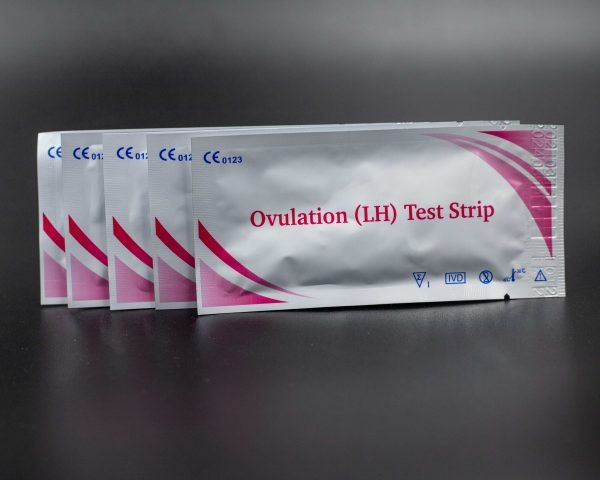











Leave a Reply